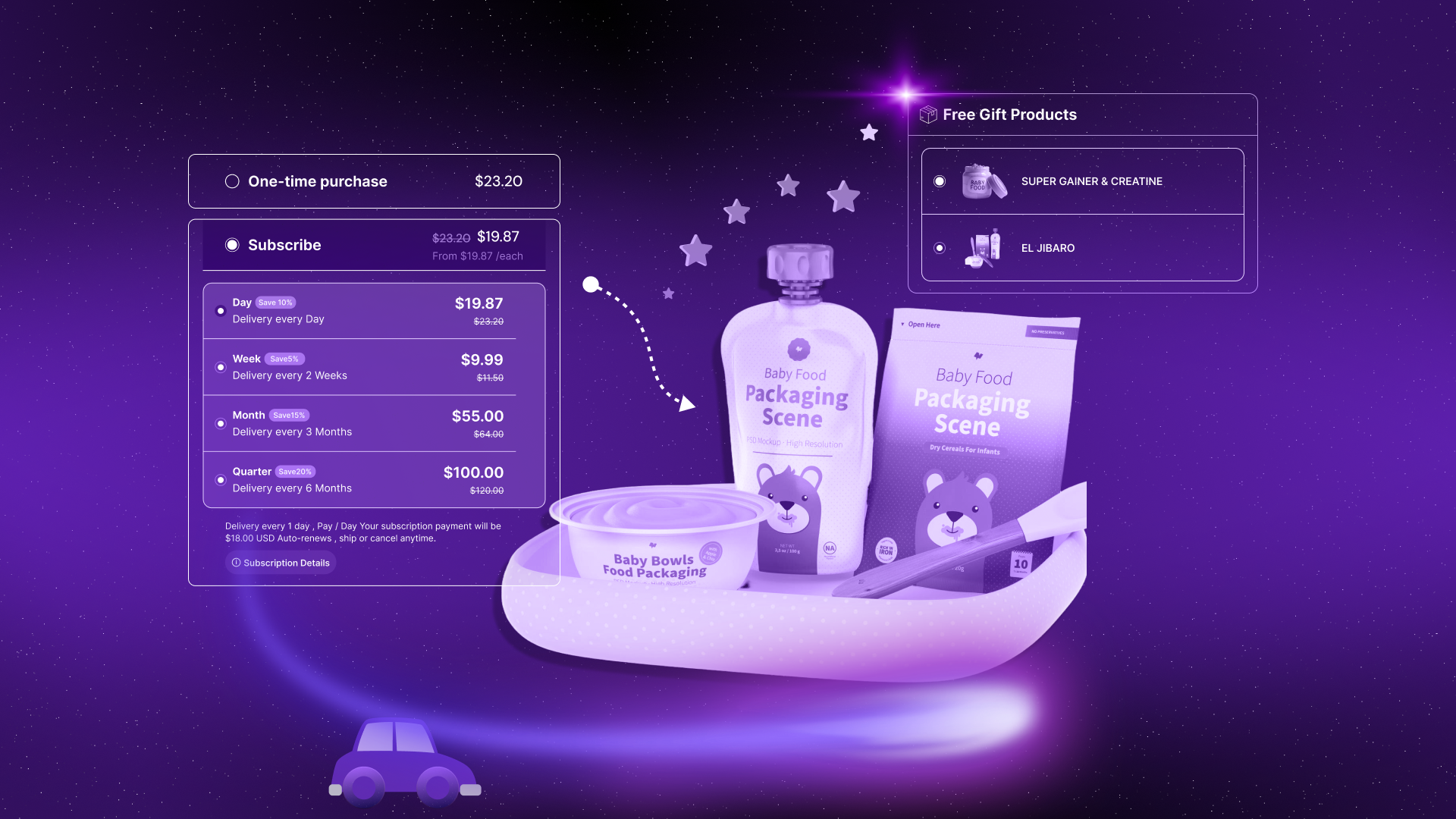
Artificial Intelligence Can Now Write Code That’s Just as Good as Human Programmers
Published On: July 22, 2023 - 3 min read
Introduction
Artificial Intelligence (AI) has been making significant strides in various industries, and its potential continues to grow. One area where AI is making waves is in software development. Thanks to recent advancements in machine learning and natural language processing, AI is now capable of writing code that rivals the work of human programmers.
Lets explore the fascinating progress of AI in the field of coding, backed by real-life examples and case studies that demonstrate its capabilities.
The Emergence of AI in Code Writing
Traditionally, software development has been a labor-intensive process, requiring skilled human programmers to write lines of code that power applications and systems. However, the advent of AI has revolutionized this approach. AI-powered code writing leverages the vast amount of data available on the internet, including existing code repositories and documentation, to learn and generate new code autonomously.
Examples of AI-Generated Code
GitHub Copilot: One of the most prominent examples of AI-generated code is GitHub Copilot. Developed by OpenAI in collaboration with GitHub, Copilot is an AI-powered coding assistant that uses GPT-3’s natural language processing capabilities to suggest lines of code as developers write. It can predict entire functions, classes, or methods based on the context and intended functionality. The AI model learns from millions of publicly available code examples, making it a powerful tool for programmers to speed up their coding process.
TabNine: TabNine is another AI-powered autocompletion tool that has gained popularity among developers. It uses a deep learning model to predict the next line of code based on the patterns it has learned from vast amounts of code across different programming languages. TabNine’s intelligent suggestions can significantly improve developers’ productivity by offering accurate and contextually relevant code completions.
Case Studies
AutoML by Google: AutoML is a prime example of AI generating high-quality code. Google’s AutoML project focuses on automating the design and optimization of machine learning models. By using reinforcement learning and neural architecture search, AutoML can create custom machine learning architectures that outperform human-designed models. This not only speeds up the development process but also improves the overall efficiency and accuracy of the models.
Facebook’s Aroma: Facebook’s Aroma is an AI system that can generate code for simple programs. By leveraging program synthesis techniques, Aroma takes high-level descriptions of a program’s functionality and automatically generates the corresponding code. It has been able to write code for tasks like data manipulation and string transformations with results comparable to those written by human developers.
Benefits and Challenges
Benefits:
Increased Productivity: AI-generated code can assist developers in completing repetitive and time-consuming tasks, thereby enhancing their overall productivity.
Code Quality: AI algorithms can analyze vast amounts of code to identify patterns and best practices, leading to higher-quality code with fewer bugs and errors.
Accessibility: AI-powered code writing tools make programming more accessible to beginners and non-experts, as they can rely on the assistance of AI to generate code snippets.
Challenges:
Ethical Considerations: As AI generates more code, issues of plagiarism and intellectual property rights may arise.
Understanding Context: AI may struggle with understanding the intricate nuances and context-specific requirements that human programmers can easily comprehend.
Debugging Complexity: Debugging AI-generated code can be challenging, as developers might have limited insight into how the AI arrived at certain solutions.
Conclusion
AI-generated code has come a long way, from simple code completions to complex program synthesis. Tools like GitHub Copilot and TabNine have already shown their potential in assisting developers and increasing productivity. Additionally, case studies from Google and Facebook demonstrate that AI can create code that rivals the work of human programmers. While challenges remain, AI’s impact on the software development industry is undeniable, and it will continue to shape the way we write code in the future. Developers can embrace these advancements and use AI as a powerful tool to enhance their coding experience and create innovative solutions for the world.












